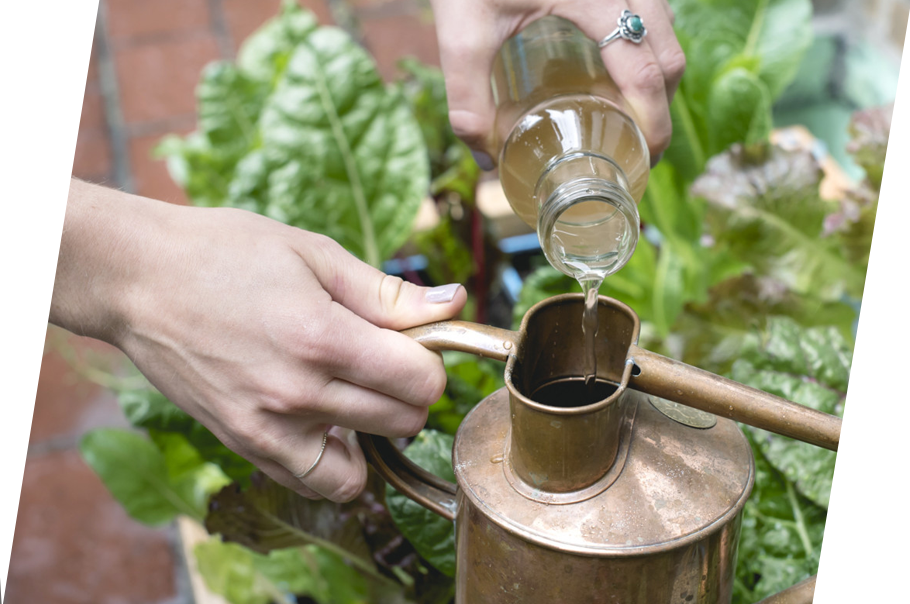Orde Wood Vinegar Pesticide

Globally changing pesticide policies and integrated pest management programs (IPM) aim to reduce pesticide risks on the environment and human health. It has been clearly stated that the hazards to health and the environment from the use of pesticides must be minimized and dependence on chemical control needs to be reduced. In Europe, a thematic strategy on the sustainable use of pesticides was adopted in 2006 by the European Commission and as such, a new directive was put into force in 2009. Replacement of synthetic chemicals with alternative plant protection technique has been mentioned in numerous policy documents related to the use of pesticides. The highest demand on natural pesticides is in the organic farming where synthetic chemicals cannot be used for plant protection. In Europe, replacement of chemicals with biological control agents has been slow but in Asia and the USA, botanical pesticides have already been placed on the market as green chemicals.
Globally, the need to minimize the environmental risks resulting from pesticides leaching to groundwater and waterways has bolstered the use of wood vinegar as a biocide and pesticide
Wood vinegar has been widely used to repel insects from plants and households in Thailand and it is easy to find pyroligneous products marketed on the Internet as an insect repellent. Strong in 1973 reported good results when wheat seeds were treated with hardwood tar oil to repel birds, rodents and insects. Hardwood oil was also found to be toxic to all the tested insects. Very similar effects were found when pyroligneous acid was used for controlling insects from sweet corn plots. Other studies have concluded that wood vinegar in organic farming can have a variety of applications, including pest control, improving soil fertility, and plant growth promoter or inhibitor. The wood vinegar based pesticide market is very progressive in Japan and in numerous other Asian countries such as Thailand, Cambodia, and China. In the USA, vinegar has been listed as a minimum risk pesticide but not wood vinegar.
